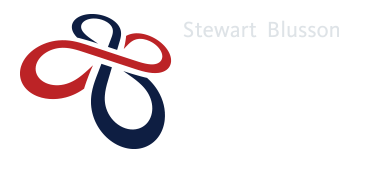

Workshops & Schools
Workshops & Schools - Overview
New algorithms for exploring structure and dynamics of interfaces
Speaker: Multiple speakers
Date & Time: Mon July 31st - Tue August 1st, 2017
Location: AMPEL 311
Local Contact: Joerg Rottler (SBQMI) and Chad Sinclair (Materials Engineering)
Intended Audience: Graduate
The goal of this workshop is to discuss strategies for extending the capabilities of current atomistic simulation techniques with applications to phenomena at interfaces. Molecular dynamics simulations, the universal workhorse of computational materials physics, cannot exceed timescales of order microseconds unless specialized hardware is used. How can we study materials phenomena on longer timescales such as diffusion, interface migration, and structural changes at interfaces due to atomic migration? Various algorithms have been introduced to accelerate conventional dynamics, for instance by artificially raising temperature or performing parallel replica dynamics. Alternative proposals (introduced as “Phase Field Crystal (PFC)” or “Diffusive Molecular Dynamics” (DMD)) start from simplified time dependent classical density functional theory and solve for the relaxation dynamics of fields instead of particles. How accurate are such schemes, and how can they be made consistent with thermodynamics? Yet a third avenue is to compute the potential energy landscape of complex materials, find energetic barriers for structural transitions and then obtain dynamics via transition state theory (TST) and kinetic Monte Carlo simulations. How can this be done efficiently and comprehensively?
Confirmed attendees:
Mitchell Luskin, University of Minnesota
Matthias Militzer, UBC
Normand Mousseau, Universite de Montreal
David Rodney, University of Lyon
Danny Perez, LANL
Mauricio Ponga, UBC
Gideon Simpson, Drexel University
Peter Vorhees, Northwestern University
Michael Falk, JHU
Marcus Mueller, Universitaet Goettingen
Workshop schedule: workshop_schedule
Space is limited. Please register for the workshop by following this link:
You are welcome to to register your students and postdocs to the event as well.
Go to: Short Course/Summer School: New algorithms for exploring structure and dynamics of interfaces